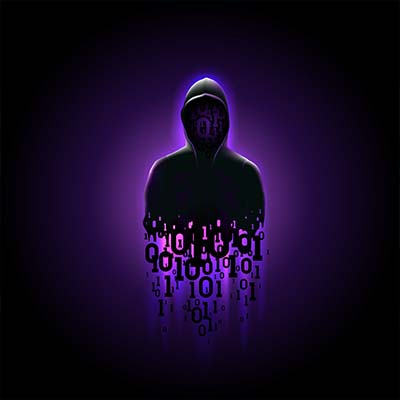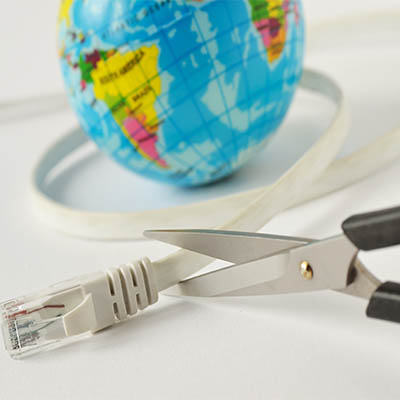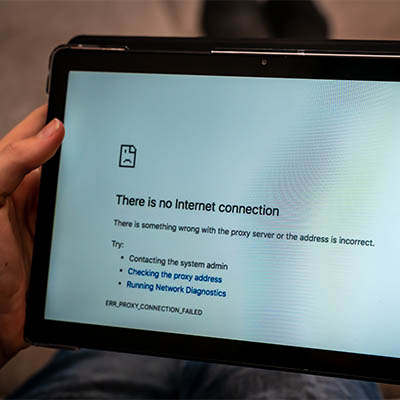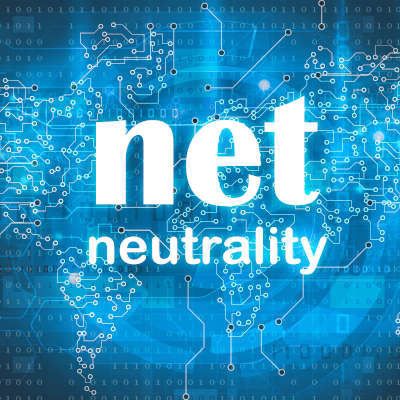Let me ask you a question: would you see The Mona Lisa, The Starry Night, or Girl with a Pearl Earring as the masterpieces they are considered today if they were actually created using artificial intelligence? While it might seem like a silly question, it is one that the results of the recent Colorado State Fair’s fine art competition—where the first-place winner was created using AI—leads us to ask.
It isn’t unheard of for popular culture to blur the line between fiction and reality, the imaginations of the past becoming the everyday items that surround us today. Let’s consider a few technologies that first appeared in popular culture before eventually becoming mainstream.
Technology drives almost everything in modern society, so it’s not a surprise to see hackers being represented in the entertainment we consume. They don’t always get it right, however. In fact, most of the computing constructs demonstrated in entertainment don’t actually exist in real life. This week, we thought we’d briefly discuss the differences between hackers in real life and the ones consistently represented in today’s movies and TV.
For years you’ve heard how technology is becoming a bigger part of the healthcare delivery system and how it can help stabilize costs, provide increased access, and further personalize care delivery. As these innovations have been taking hold it has brought up serious questions about data privacy. Today, we’ll take a look at some of the changes IT has brought to healthcare and what it means for patient data privacy.
We work with a lot of businesses, but one in particular may surprise you. Let’s talk about how our services made a certain organization’s critical processes a lot easier to manage during their busiest time of year:
The week of June 14th, 2021 saw many applications and websites suffer from outages. This, consequently, created considerable problems for many organizations that used these services. Businesses suffered from continuity issues, but perhaps the biggest takeaway is just how vulnerable the Internet really is to these kinds of issues. What happened, exactly?
When we talk about Internet accessibility (particularly as of late), we mainly focus on the idea of enabling people to use the Internet, regardless of where they may be located. While this is certainly a big issue at the present, there is another kind of accessibility that needs attention: how able those people with disabilities are to use the Internet at all.
It has been made very clear over the past few years—last week in particular—that the political atmosphere in the United States is particularly prickly, to put it mildly. One contested subject has, however, flown under the radar in recent months: net neutrality. Let’s reexamine the situation surrounding net neutrality and what is likely to come about with the new administration.
During this time of year, many people like to sit back and reminisce upon favorite stories from the past. We figured we’d join in the fun by reimagining what many argue to be a holiday classic: Die Hard. Let’s take a few moments to consider how the story might play out if the action were to take place today…
With one of the most stressful years in recent memory coming to an end, it seems important to make the most of the holidays this year—despite the COVID-19 pandemic putting the kibosh on most of our typical holiday festivities. That’s why we’ve taken the time to put together a list of ideas that would brighten any technophile’s holiday to help guide your gift-giving.










